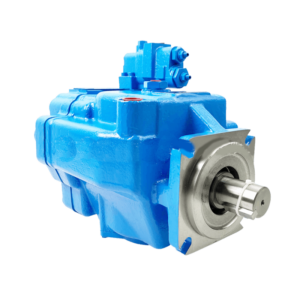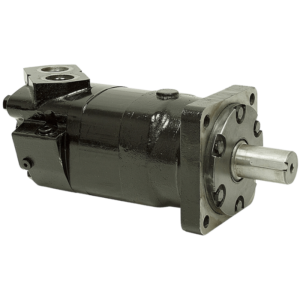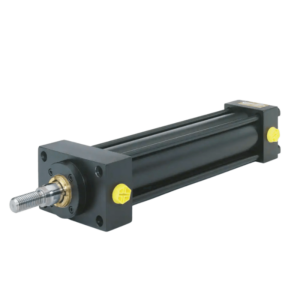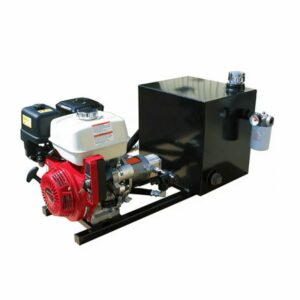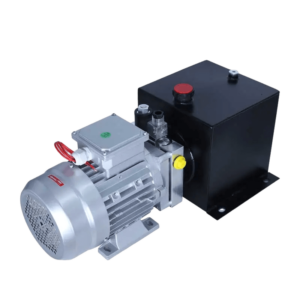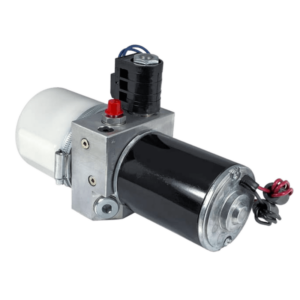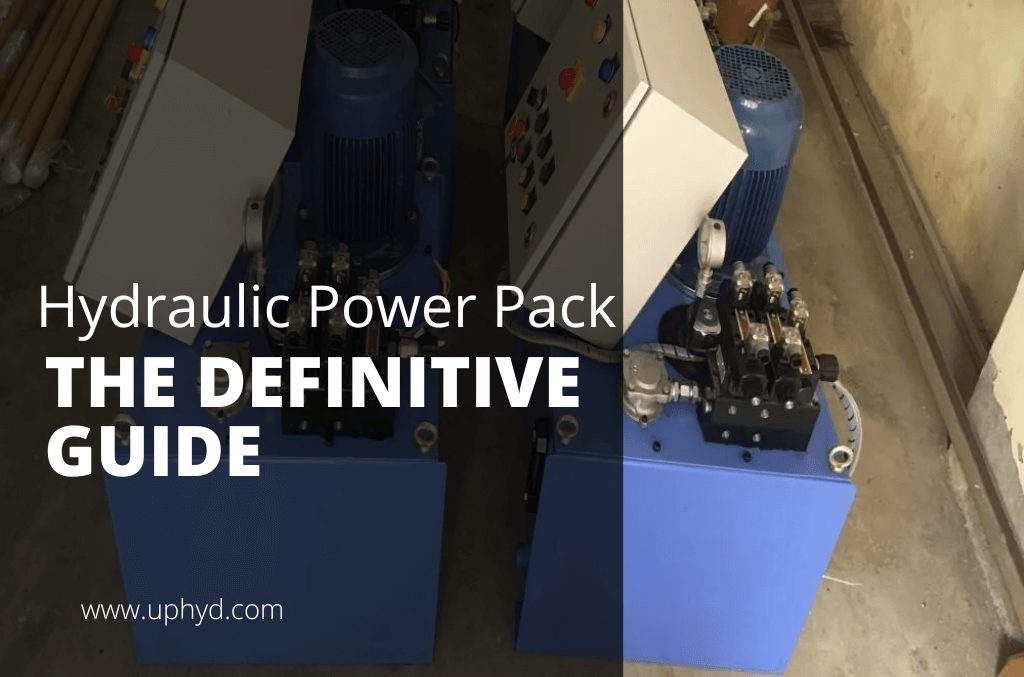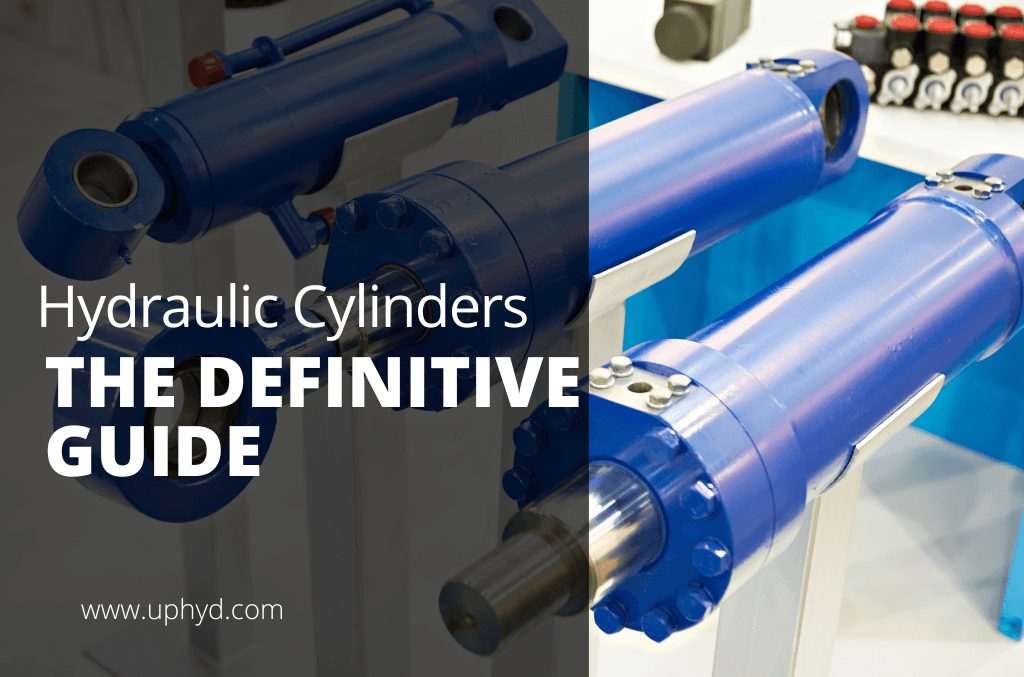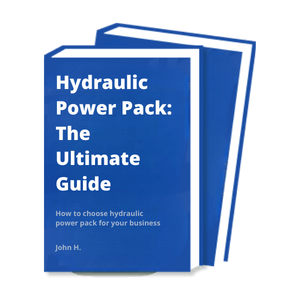PRODUCT FEATURES
Hydraulic Pump Manufacturer to Rocket Your Business
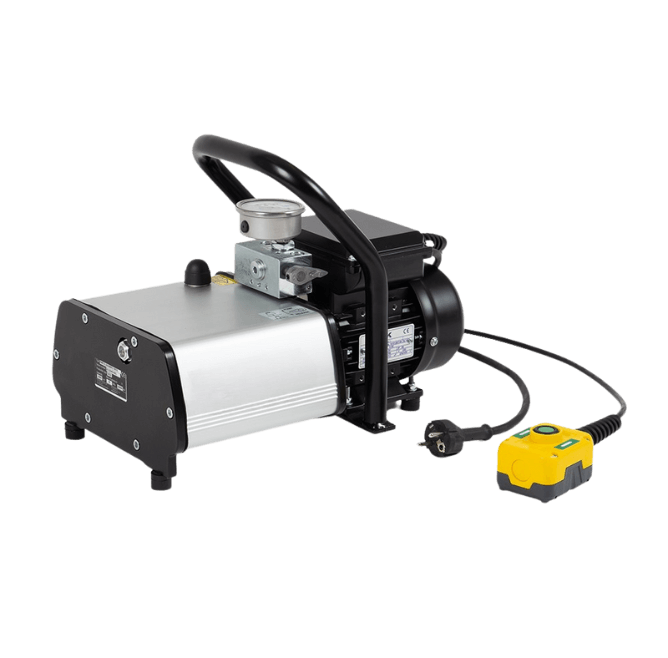
PRODUCTS
Proud To Offer a Wide Variety of Products
If you are looking for something specific that isn’t listed on our website yet, just contact us today!

ABOUT US
Who is Uphyd.com
Uphyd.com have seen that today there are also many hydraulic power pack companies in China & internationally. However, their solutions were still stuck a few years ago.
In fact, we have been upgraded in recent years, and uphyd.com hope our smart and flexible solutions can inject fresh blood into this market.
PARTNER
Trusted by 530+ Top Companies





BUYER’S GUIDE
The Definitive Guide to Hydraulic Pump
If you’re a business owner who is in the market for a hydraulic pump, you may be wondering what exactly these machines are and how they can benefit your company.
This guide will give you a crash course in all things hydraulic pumps so that you can make an informed decision about whether or not this type of equipment is right for your business.
So, if you’re ready to learn more about hydraulic pumps, keep reading!
Table of contents
1. Overview: Hydraulic Pump
A hydraulic pump is a machine that uses fluid power to create pressure or force. The hydraulic pump is the heart of the hydraulic system. It generates the flow of hydraulic fluid within the system, providing the power necessary to operate hydraulic cylinders and motors.
Hydraulic pumps are powered by a variety of sources including electric motors, gasoline engines, and hydroelectric turbines.
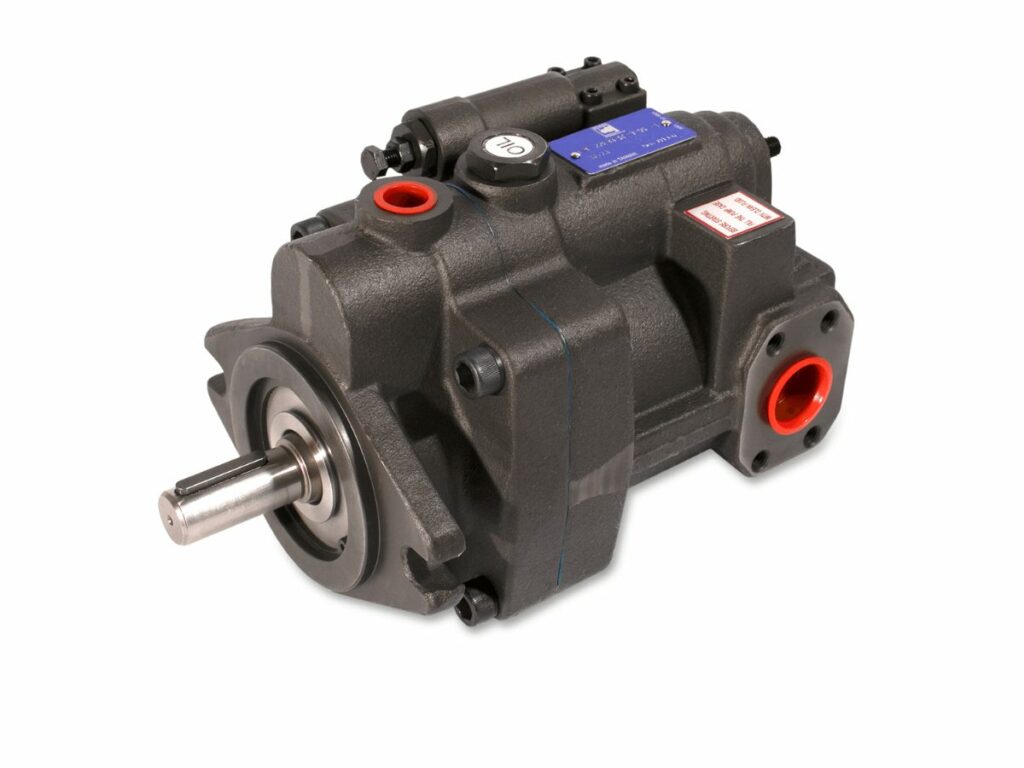
2. Key Features
A hydraulic pump is a device that uses pressure to force liquid or gas through a pipe. It has many key features that make it an essential piece of equipment for many industrial and commercial applications. Some of these key features include:
Versatility
A hydraulic pressure pump can be used to power a variety of devices, making it a very versatile piece of equipment.
Efficiency
A hydro pressure pump is able to achieve high levels of efficiency, which means it can move a large volume of fluid or gas with minimal power loss.
Durability
An engine driven hydraulic pump is built to last and can withstand the harsh conditions often found in industrial and commercial settings.
Safety
A hydraulic lift pump is a safe piece of equipment to use and is often equipped with safety features that prevent accidents and injuries.
Cost-effectiveness
A hydraulic torque pump is a cost-effective way to power devices and can save money over time. Also, because it is so durable, a high pressure hydraulic pump can often be used for many years without needing to be replaced.
Hydraulic pumps are an essential piece of equipment for many businesses and industries. They offer a wide range of benefits and features that make them a valuable investment. If you are in the market for a high speed hydraulic pump, be sure to consider all of the key features listed above to find the best option for your needs.
3. Types of Hydraulic Pumps and Their Function
Just as there are many types of hydraulic systems, there are many types of hydraulic pumps. Each pump has a specific function within the system. Some of the more common pumps are:
Gear Pump
The gear pump is the simplest type of pump. It consists of 2 gears that mesh together and rotate to create a pumping action. Gear pumps are generally small, low-cost pumps that are used for low-pressure applications.
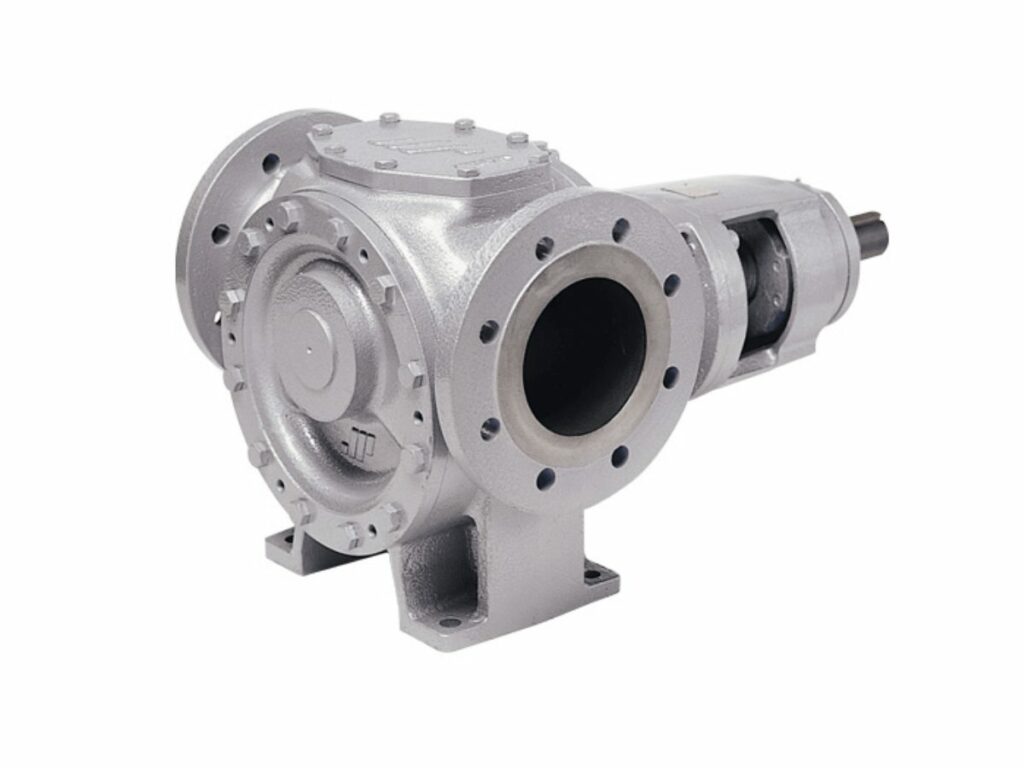
Vane Pump
A vane pump is a type of hydraulic pump that uses a series of vanes to create a pumping action. The vanes are mounted on a rotor that spins inside a cylindrical casing. As the rotor spins, the vanes move in and out, creating a pumping action that forces fluid or gas through the pipe.
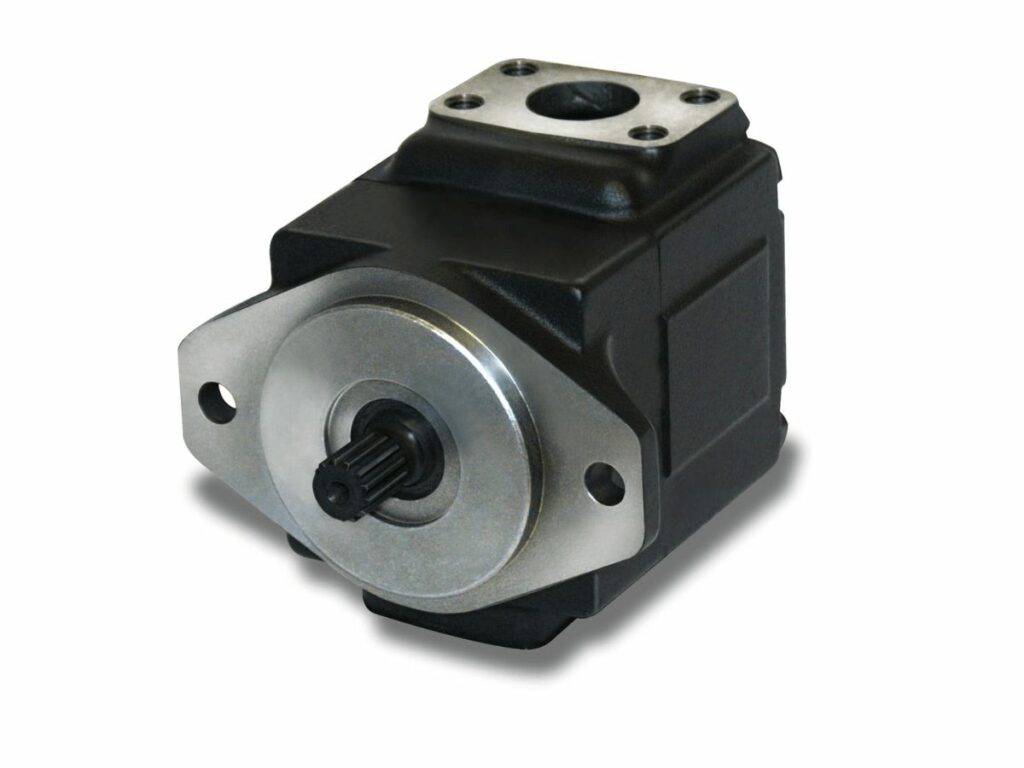
Piston Pump
A piston pump is a type of hydraulic pump that uses a piston to create a pumping action. The piston is connected to a crankshaft, which turns the piston inside a cylinder. As the piston moves up and down, it creates a vacuum that sucks fluid or gas into the pump.
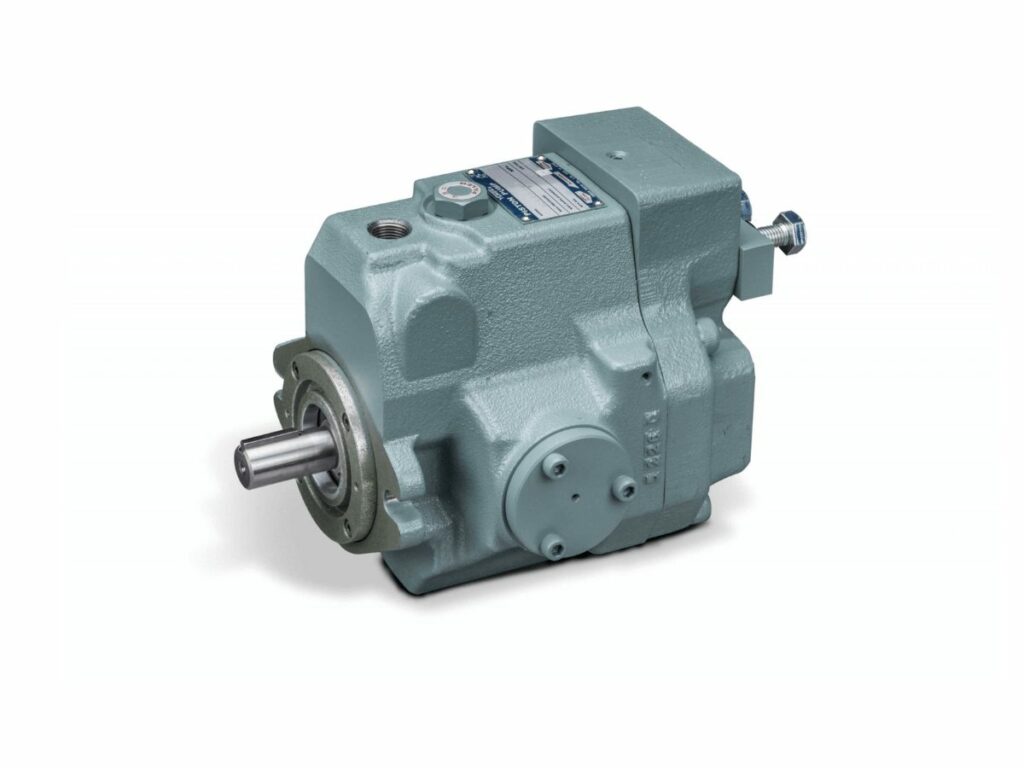
Centrifugal Pump
The centrifugal pump is the most common type of hydraulic pump. It uses a rotating impeller to draw fluid or gas into the pump. The fluid or gas is then forced out of the pump by centrifugal force.
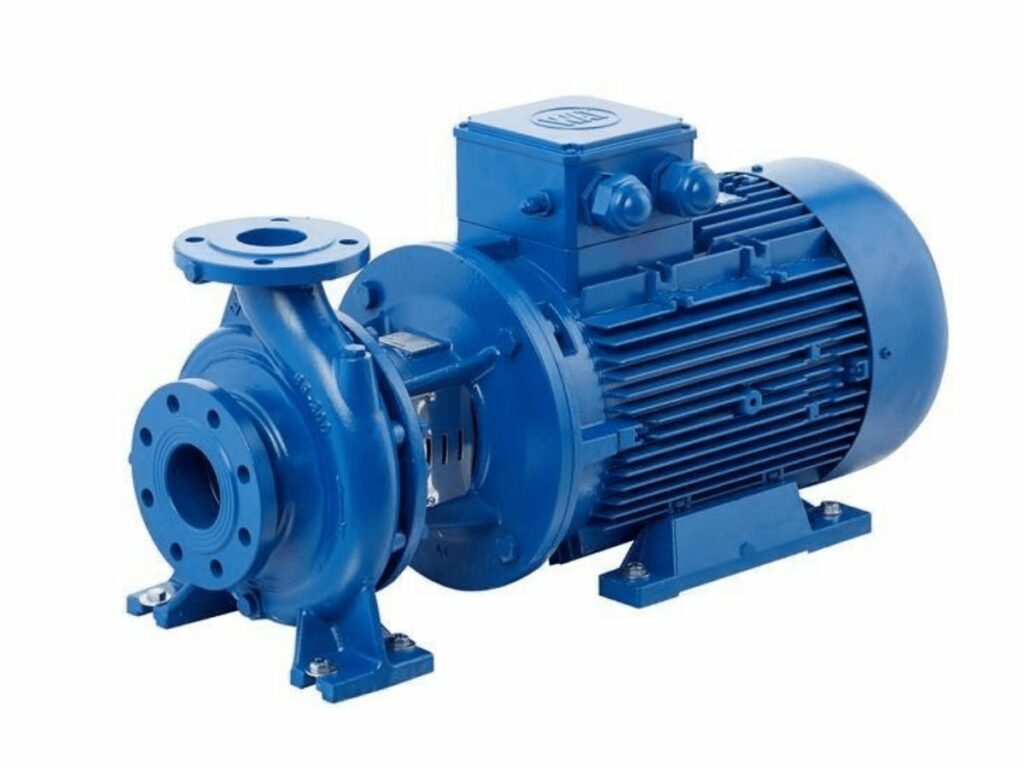
These are just the common types of hydraulic pumps. Aside from that, other specialized pumps are designed for specific applications such as:
- small engine hydraulic pump
- hydraulic pump with reservoir
- low pressure hydraulic pump
- micro hydraulic pump
- engine mounted hydraulic pump
- auxiliary hydraulic pump
- tandem hydraulic pump
- high flow hydraulic pump
- pressure compensated hydraulic pump
- hydraulic rod pump
- low speed hydraulic pump
- petrol hydraulic pump
- dual stage hydraulic pump
- high rpm hydraulic pump
- automatic hydraulic pump
Each type of hydraulic pump has its own specific function. Depending on the application, one type of pump may be better suited than another. When choosing hydraulic pumps for sale, it is important to consult with an expert to ensure that you are choosing the best pump for your particular application.
4. The Difference Between Hydraulic Pump and Motor
These days, the terms hydraulic pump and motor are often used interchangeably. However, there is a big difference between the 2. Let’s take a closer look:
| Hydraulic Pump | Hydraulic Motor |
|---|---|
| A hydraulic pump is a device that converts mechanical energy into hydraulic energy. | A hydraulic motor is a device that converts hydraulic energy into mechanical energy. |
| It consists of a piston that moves up and down in a cylinder and a valve that controls the flow of fluid. | It consists of a piston that moves up and down in a cylinder and a valve that controls the flow of fluid. |
| The pump creates pressure by forcing the fluid to move through the valves. | The motor creates torque by forcing the fluid to move through the valves. |
So, what’s the difference? Basically, it all comes down to how the energy is used. Hydraulic pumps use energy to create pressure, while hydraulic motors use energy to create torque.
5. 7 Industry Application
The hydraulic pump has many different applications in a variety of industries. Some of those industries include:
#1 Mining
DC hydraulic pump are used extensively in the mining industry to move rock and ore around. They can also be used to power drills and other equipment.
#2 Construction
Portable hydraulic pump are used in construction to power machinery like jackhammers and concrete mixers. They can also be used to lift heavy objects like blocks and beams.
#3 Manufacturing
Hydrostatic hydraulic pumps are used in manufacturing to power machines like presses and lathes. They can also be used to move heavy objects like parts and pieces.
#4 Agriculture
Variable speed hydraulic pumps are used in agriculture to power irrigation systems and large agricultural machinery. Also, some farm animals like cows and pigs have been known to get their exercise by playing on hydraulic-powered treadmills.
#5 Forestry
Air powered hydraulic pumps are used in forestry to power equipment like saws and wood chippers. They can also be used to move logs and lumber around.
#6 Marine
Micro hydraulic pumps are used extensively in marine applications for everything from powering small boats to moving large ships around docks.
#7 Automotive
hydraulic winch pumps are used in automotive applications for things like brake systems, steering systems, and suspension systems. They can also be used to power some engines.
A industrial hydraulic pump is a versatile and powerful tool that can be used in a variety of industries. No matter what your needs are, there is likely a micro hydraulic pump that can help you get the job done for your business.
6. The Manufacturing Process
In the manufacturing process of hydraulic pumps, there are a few key steps that need to be followed in order to create a high-quality pump. Here is the step-by-step process that is used to create these pumps:
Step #1 Create The Base Of The Pump
The first step in the manufacturing process is to create the base of the pump. This is typically done by using a mold to create the basic shape of the pump. The base of the pump needs to be strong and durable in order to support the rest of the pump components.
Step #2 Add The Pump Components
Once the base of the pump has been created, the next step is to add the pump components. This includes the cylinders, pistons, and other internal parts of the pump. These components must be precision-made in order to ensure that the pump will work correctly.
Step #3 Assemble The Pump
After all of the pump, components have been added, the next step is to assemble the pump. This involves putting all of the components together and making sure that they are securely attached. Once the pump is assembled, it will be ready for testing.
Step #4 Test The Pump
The final step in the manufacturing process is to test the pump. This is done in order to make sure that the pump is able to perform its intended function. If the pump passes all of the tests, then it is ready to be used.
To gain a deeper understanding of how hydraulic pumps are manufactured, watch this video!
The manufacturing process of hydraulic tank vacuum pumps is quite simple. However, it is important to follow each step carefully in order to create a high-quality pump.
7. The Average Cost of Hydraulic Pump
The average cost of a hydraulic pump can vary depending on the type and size of the pump needed. However, on average, commercial hydraulic pumps will cost around $1,000.00. This price can change depending on the manufacturer, the specific pump needed, and other factors.
If you are in the market for a rotary hydraulic pump, it is important to do your research to find the best deal possible. There are many different manufacturers of motor driven hydraulic pumps, and each one offers different prices. You should also compare the features of each pump before making your final decision.
8. How to Work With Hydraulic Pump Manufacturer
When working with hydraulic pump manufacturers, it is important to ensure that you are getting the best product possible. Here are a few tips to help you get the most out of your working relationship:
Discuss Your Needs And Requirements
The first step is to sit down with the manufacturer and discuss your needs and requirements. This will help them understand what you are looking for and offer suggestions on the best products to meet your needs.
Work With The Manufacturer To Design A Custom Pump
If you have specific needs, it may be necessary to work with the manufacturer to design a custom pump. This process will involve providing them with detailed information about your requirements so that they can create a product that meets your unique needs.
Request Samples
If you are unsure about a particular product, it is always a good idea to request samples from the manufacturer. This will allow you to test the product and ensure that it meets your needs before making a purchase.
Negotiate Payment Terms
When working with an engine powered hydraulic pump manufacturer, it is important to negotiate payment terms that are favorable to you. This will help ensure that you are able to get the products you need without spending more than you can afford.
Keep An Open Communication
Throughout the process of working with a power driven hydraulics pump manufacturer, it is important to keep an open line of communication. This will allow you to ask questions and get clarification when needed. It will also help the manufacturer understand your needs and provide better customer service.
Working with a press hydraulic pump manufacturer can be a great way to get the products you need. By following these tips, you can ensure that you are getting the best possible product and service.
9. Where to Source for a Reliable Manufacturer
There are many places where you can source for a reliable manufacturer of hydraulic pumps. Here are some of the popular ones:
Internet
You can find many websites that offer hydraulic pumps for sale. Some of these websites may also offer custom-made pumps according to your specifications.
Trade Shows
This is another great place to find manufacturers of heavy duty hydraulic pumps. Attend trade shows related to the automotive or engineering industry, and you are sure to find many suppliers of hydraulic pumps.
Yellow Pages
Yellow Page is a great place to start your search for a reliable manufacturer of orbital hydraulic pumps. Look for suppliers that have been in business for many years and have a good track record.
Word Of Mouth
Ask your friends, colleagues, or acquaintances if they know of any good manufacturers of compact hydraulic pumps. They may be able to give you some good leads.
Once you have found a few potential suppliers, it is important to do your due diligence and check their credentials. Make sure that they are reputable and have a good track record. You should also ask for quotes from multiple suppliers so that you can compare prices.
Alternatively, you can contact us at Uphyd. We are one of the leading suppliers of heavy equipment hydraulic pumps in the market. We offer a wide range of products, and we are sure that you will find the perfect pump for your needs. Contact us today to learn more about our products and services.
10. 4 Buying Tips About Hydraulic Pump
When buying a hydraulic pump, it is important to keep the following tips in mind:
#1 Fluid Compatibility
When selecting a mobile hydraulic pump, it is important to ensure that the fluid type and viscosity are compatible with the pump. If not, damage to the pump can occur.
#2 Pump Capacity
The pump capacity must be adequate for the application. Selecting a pump that is too small will result in inadequate performance while selecting one that is too large will lead to increased operating costs.
#3 GPM and PSI Ratings
The flow rate (GPM) and pressure rating (PSI) of the pump must be sufficient for the application. If not, the pump will not be able to meet the demands of the system. Some examples of GPM measurements are:
- 15 gpm
- 16 gpm
- 17 gpm
- 18 gpm
- 20 gpm
- 21 gpm
- 22 gpm
- 25 gpm
- 28 gpm
While examples of PSI are:
- 2000 psi
- 2500 psi
- 3000 psi
- 3500 psi
- 4000 psi
- 5000 psi
- 6000 psi
- 10000 psi
#4 Voltages
The voltage requirements of the pump must be compatible with the power source. If not, damage to the pump can occur. Some examples of voltages are:
- 12v
- 24v
- 48v
- 110v
- 120v
- 220v
- 240v
Keep these 4 tips in mind when selecting a hydraulic pump to ensure that you get the best possible product for your business needs.
11. Conclusion
So there you have it, the definitive guide to hydraulic pumps. We hope this article has helped clear some things up for you and given you a better understanding of what to look for when purchasing a hydraulic pump. If you have any questions or would like more information on specific pumps, please don’t hesitate to contact us at Uphyd – we would be happy to help.
FEATURE BLOGS
READY TO LEARN MORE?
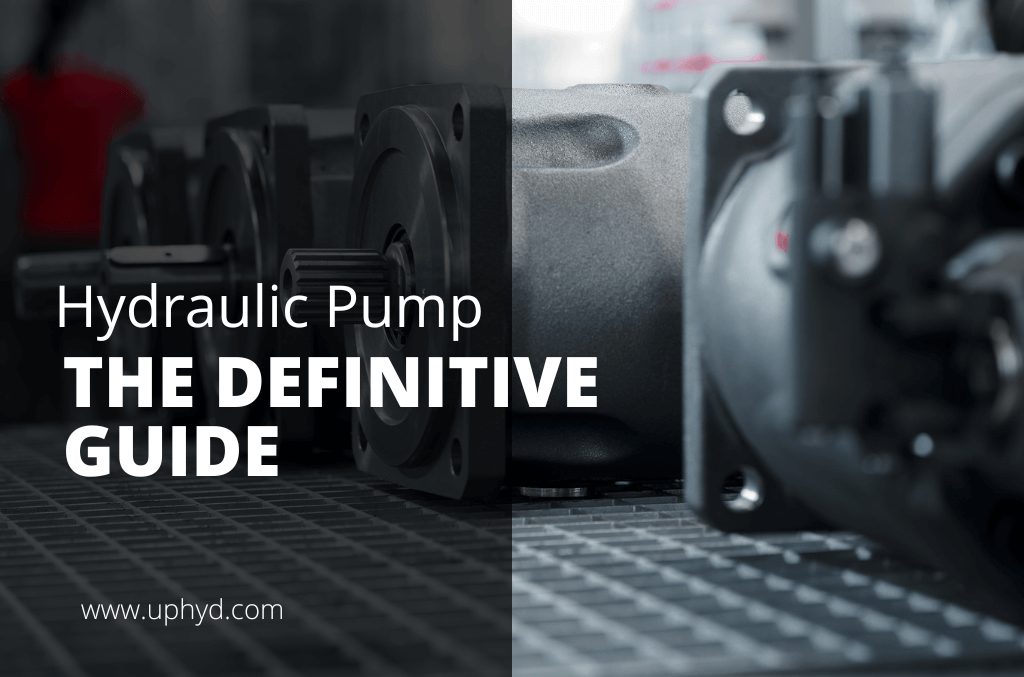
Find everything you need to know about hydraulic pumps in this comprehensive guide.


